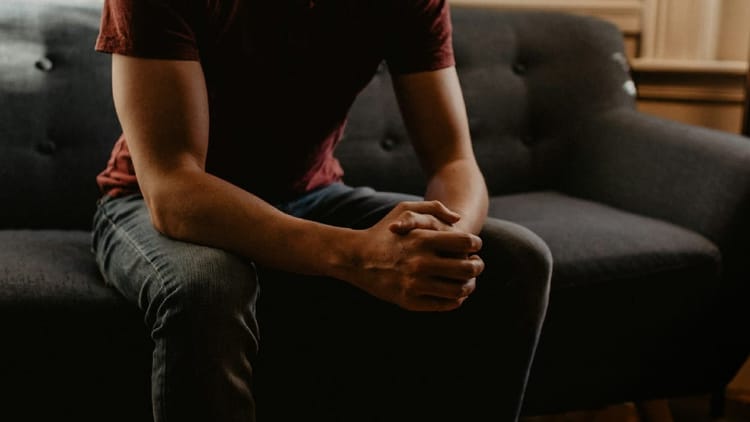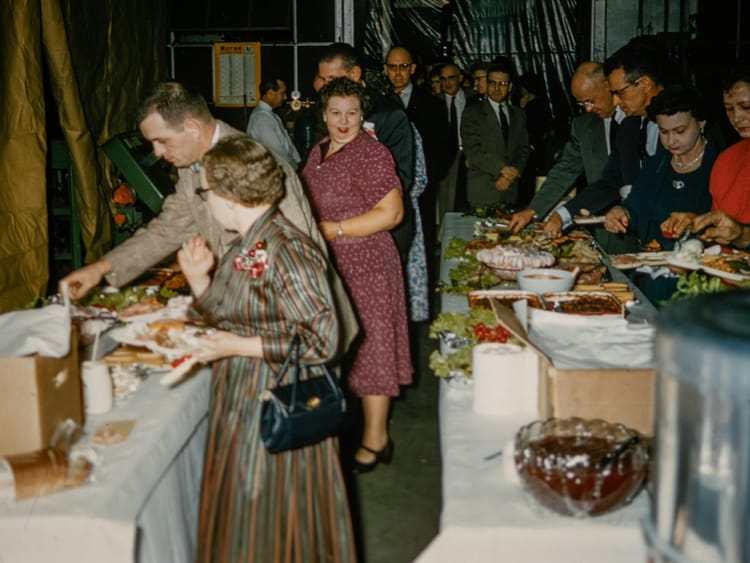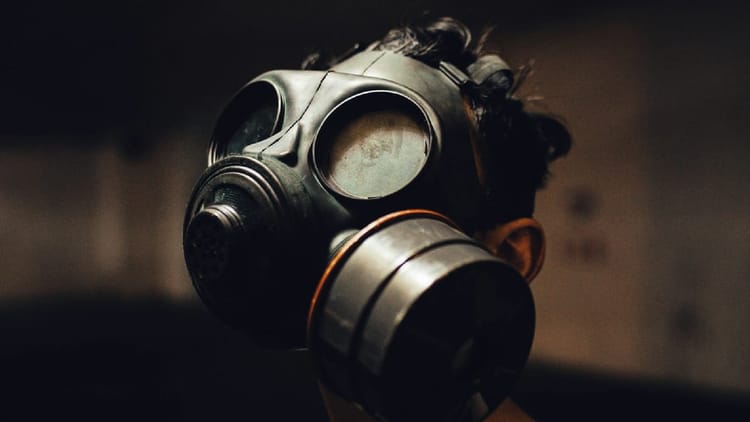Called apart

As winter falls on the Northern hemisphere and Covid’s Omicron variant drives a new surge in morbidity and mortality globally, vaccination rates in the United States remain uncommonly low among white evangelical Protestants. With white evangelicals making up 14 percent of the U.S. population, 32 percent affirmed in recent polling that they hadn’t been vaccinated, and nearly a quarter, that they wouldn’t be. Among the secular, or even adherents of other religious faiths, there may be a temptation to draw straight lines between these numbers and evangelical beliefs. But as recently as 2017, more than three-quarters of white evangelicals supported vaccine mandates in schools, for measles, mumps, and rubella. What’s happened here?
Curtis Chang is the founder of the evangelical organization Redeeming Babel, a senior fellow at Fuller Theological Seminary, and on the consulting faculty of the Duke Divinity School. Chang says there’s nothing intrinsic to the evangelical mind that’s caused widespread vaccine skepticism: Evangelicals are prone by their faith to question secular authority, not to reject it irrationally. What’s formed the correlation between anti-vaccine convictions and white evangelicals are a set of factors that have combined to break down their trust in U.S. pro-vaccine advocates and secular public-health authorities. The key to engaging white evangelicals on the pandemic effectively, to Chang, is understanding that breakdown and how to create networks of trust capable of overcoming it …
Eve Valentine: How do you understand the factors driving such a high rate of aversion to the vaccine among white evangelicals in America?
Curtis Chang: There are two main factors driving that rate—and they’re factors that are important for understanding vaccine skepticism among many Americans, whether they’re evangelical or not. One is polarization, unsurprisingly, and the second is a distrust of institutions. More than religion, or even religion versus science, this is what’s going on.





